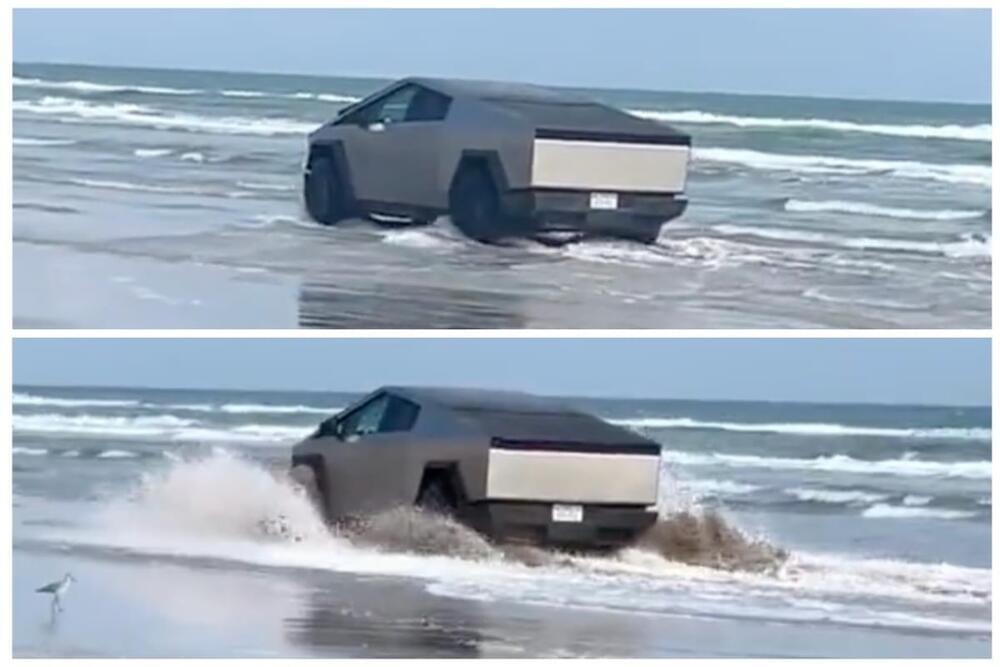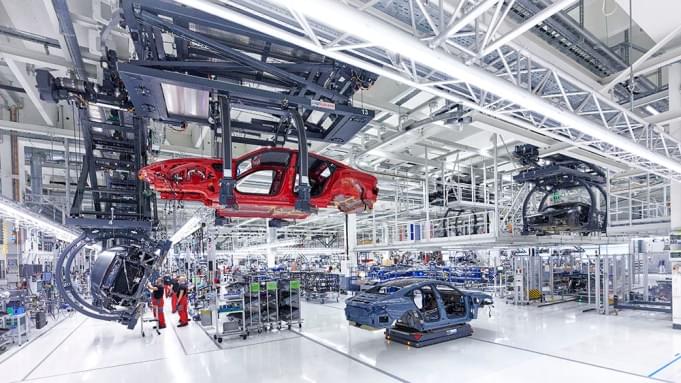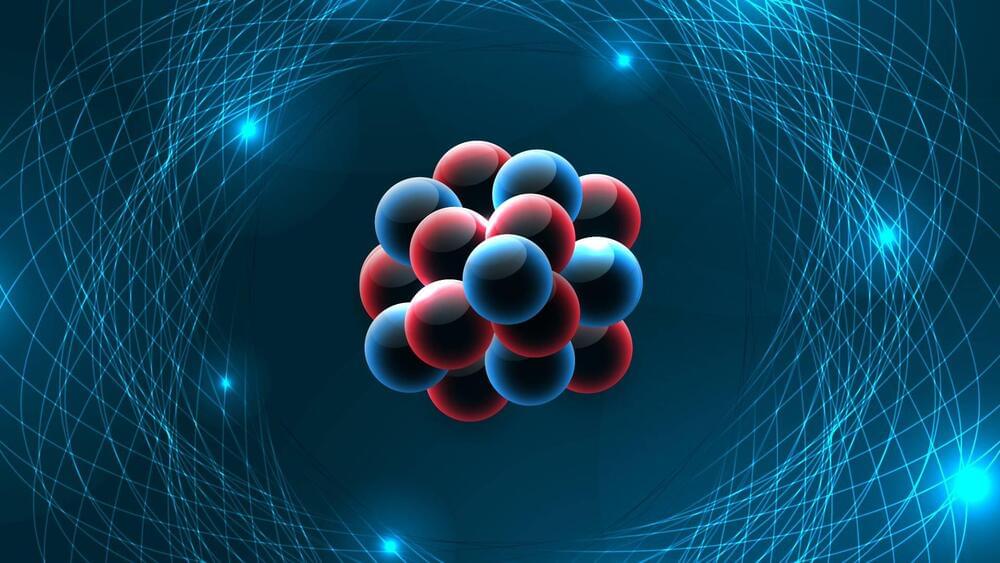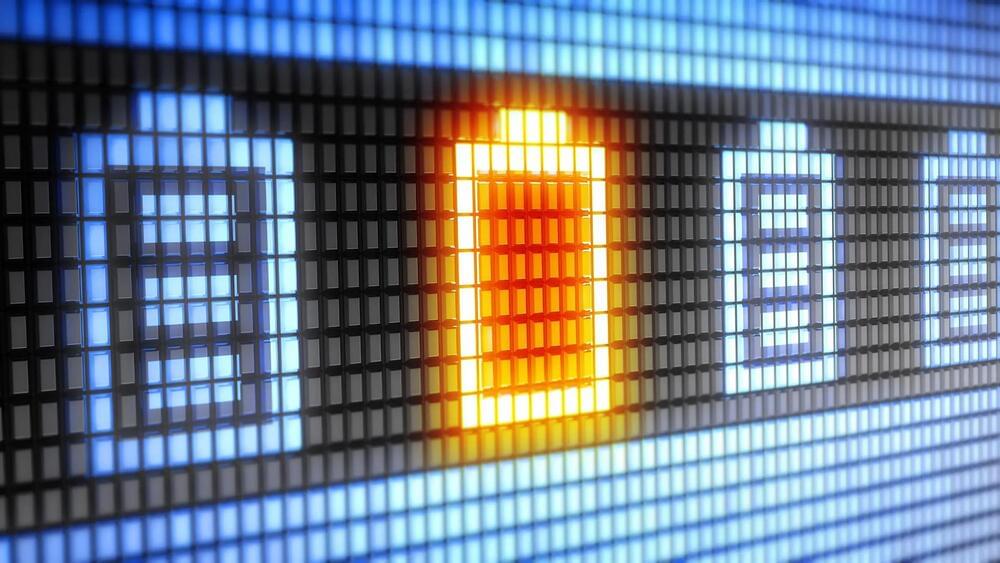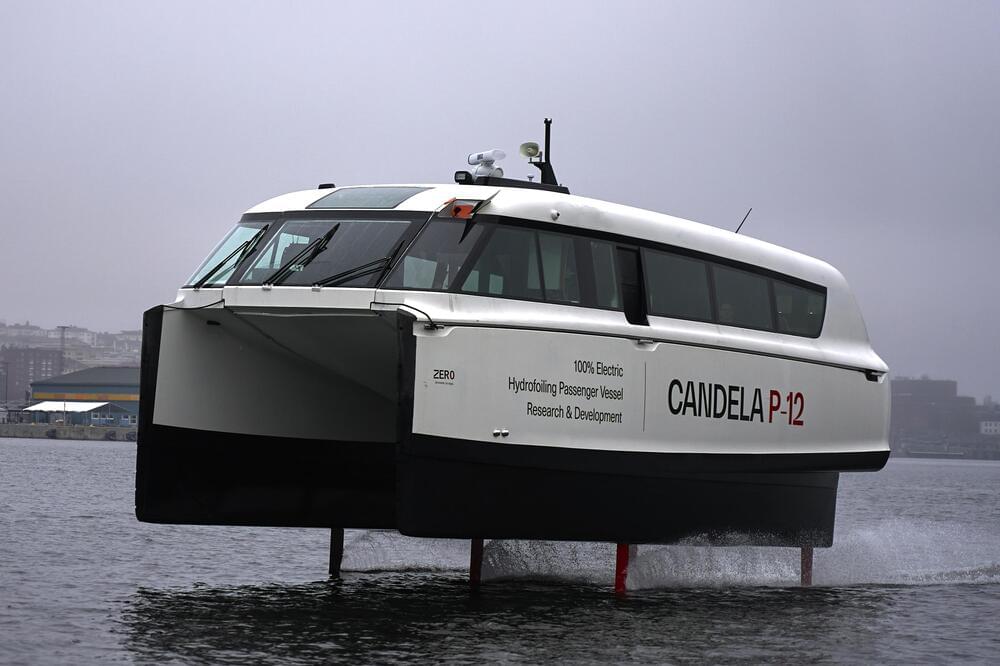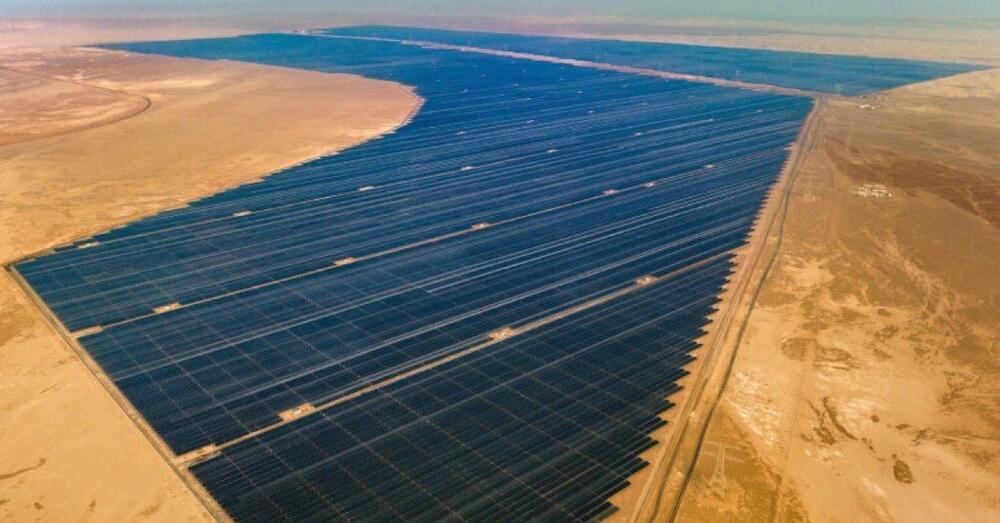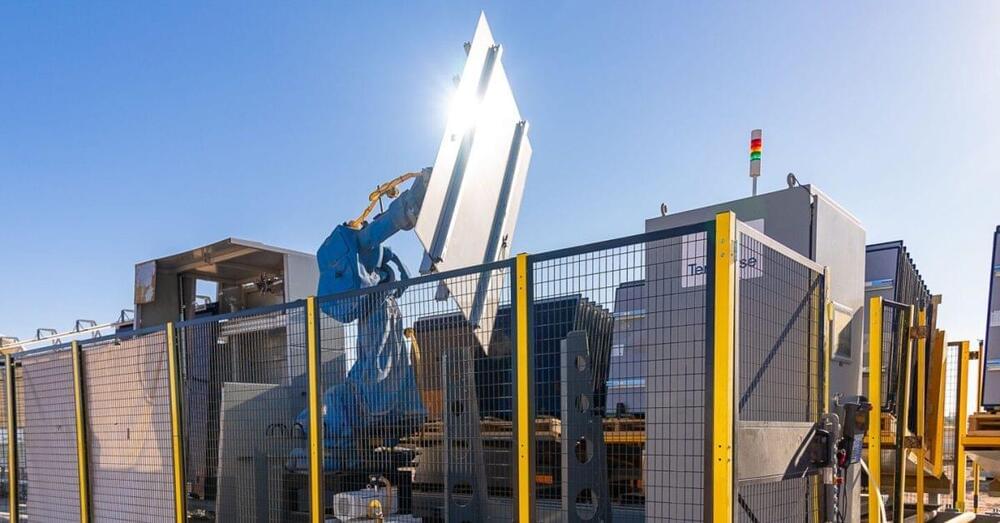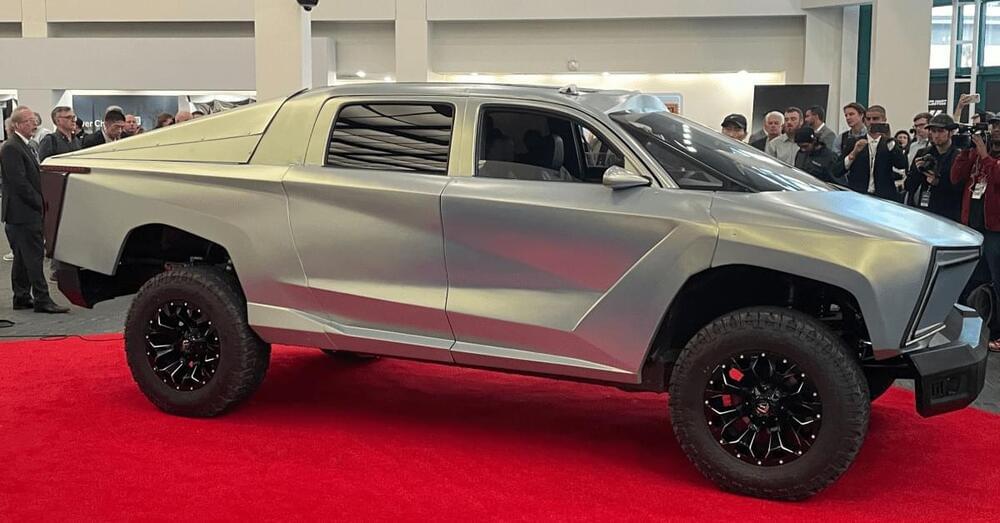Nov 21, 2023
Tesla Cybertruck hits the beach and runs through ocean water
Posted by Genevieve Klien in categories: sustainability, transportation
The Tesla Cybertruck was spotted on the beach, driving through ocean water in the Gulf of Mexico just a week from deliveries.
Tesla claimed a while ago that the Cybertruck would be able to float. Although the truck did not completely enter the water in this instance, we have no idea if the automaker has prepared the pickup to travel through bodies of water.
Beach driving is popular, and all-wheel-drive or four-wheel-drive vehicles are suitable for this kind of travel. Drivers also need to air down their tires in order to prevent their car or truck from digging into the sand, but a vehicle cannot be too heavy, either, as it will sink into the beach. The highest gross vehicle weight on most drive-on beaches is 10,000 pounds.
